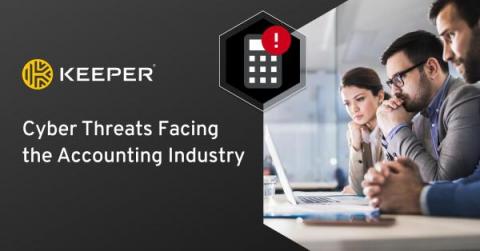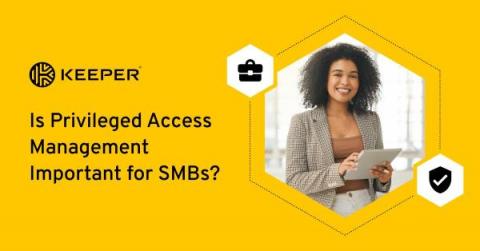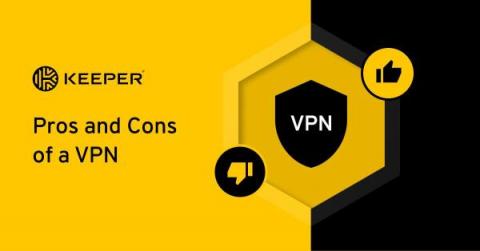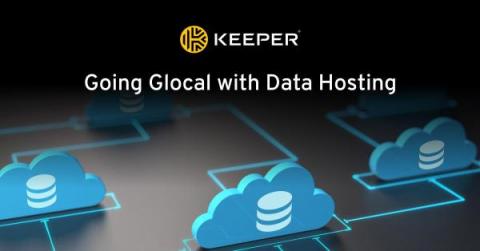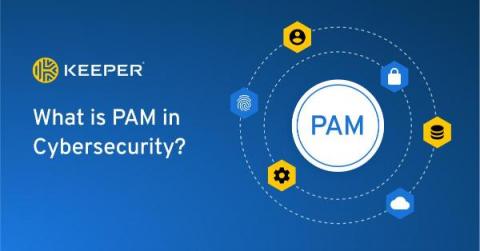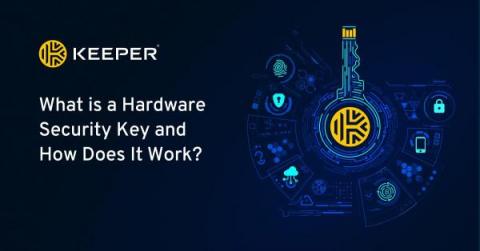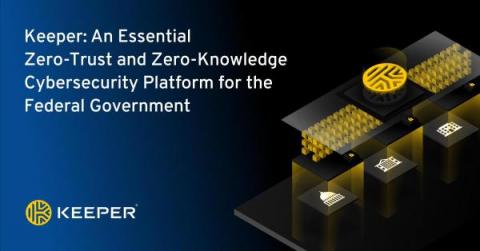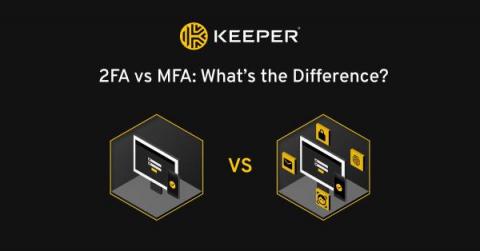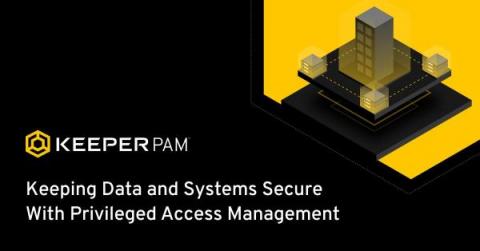How a Password Manager Enhances Productivity
People who don’t have a password manager often struggle with forgetting their passwords and having to reset them when attempting to log in to their online accounts. This is frustrating, time-consuming and leads to a loss in productivity. A password manager enhances your productivity since it remembers passwords for you, aids you in generating strong passwords and autofills your login credentials, saving you time to focus on more important tasks.



